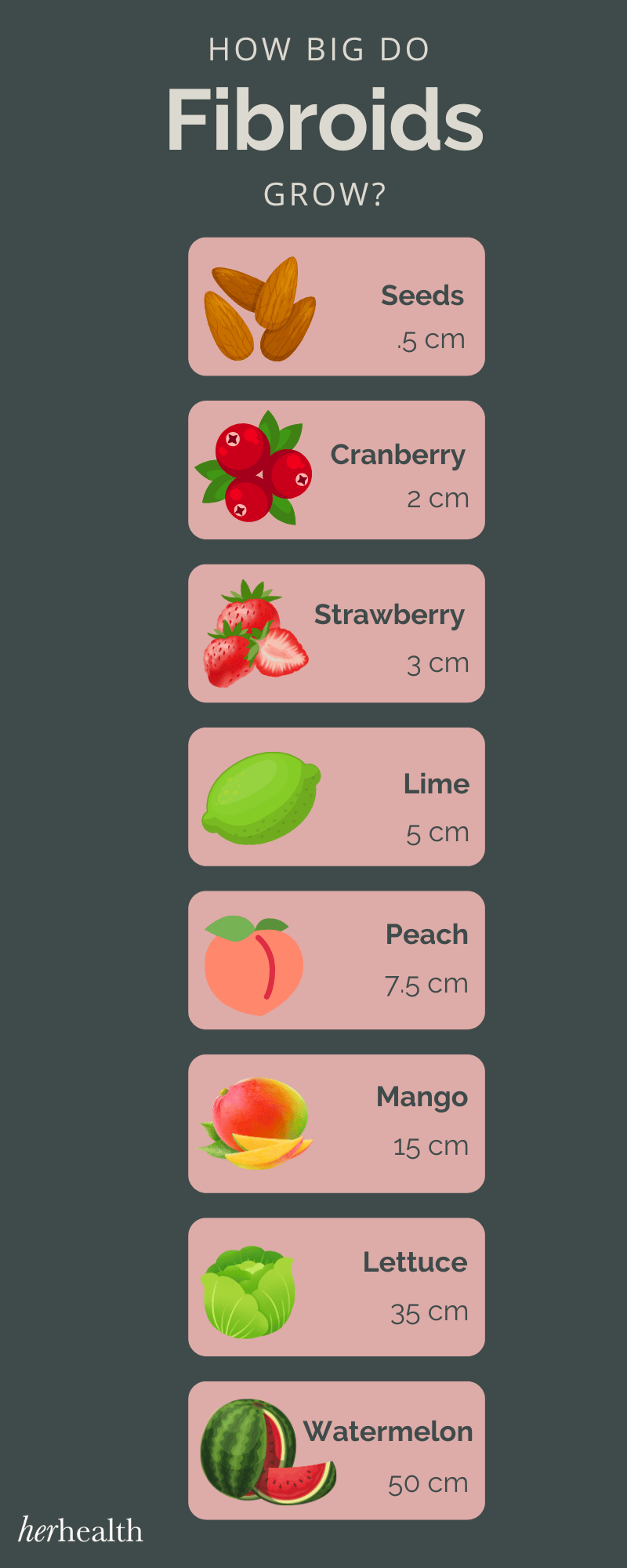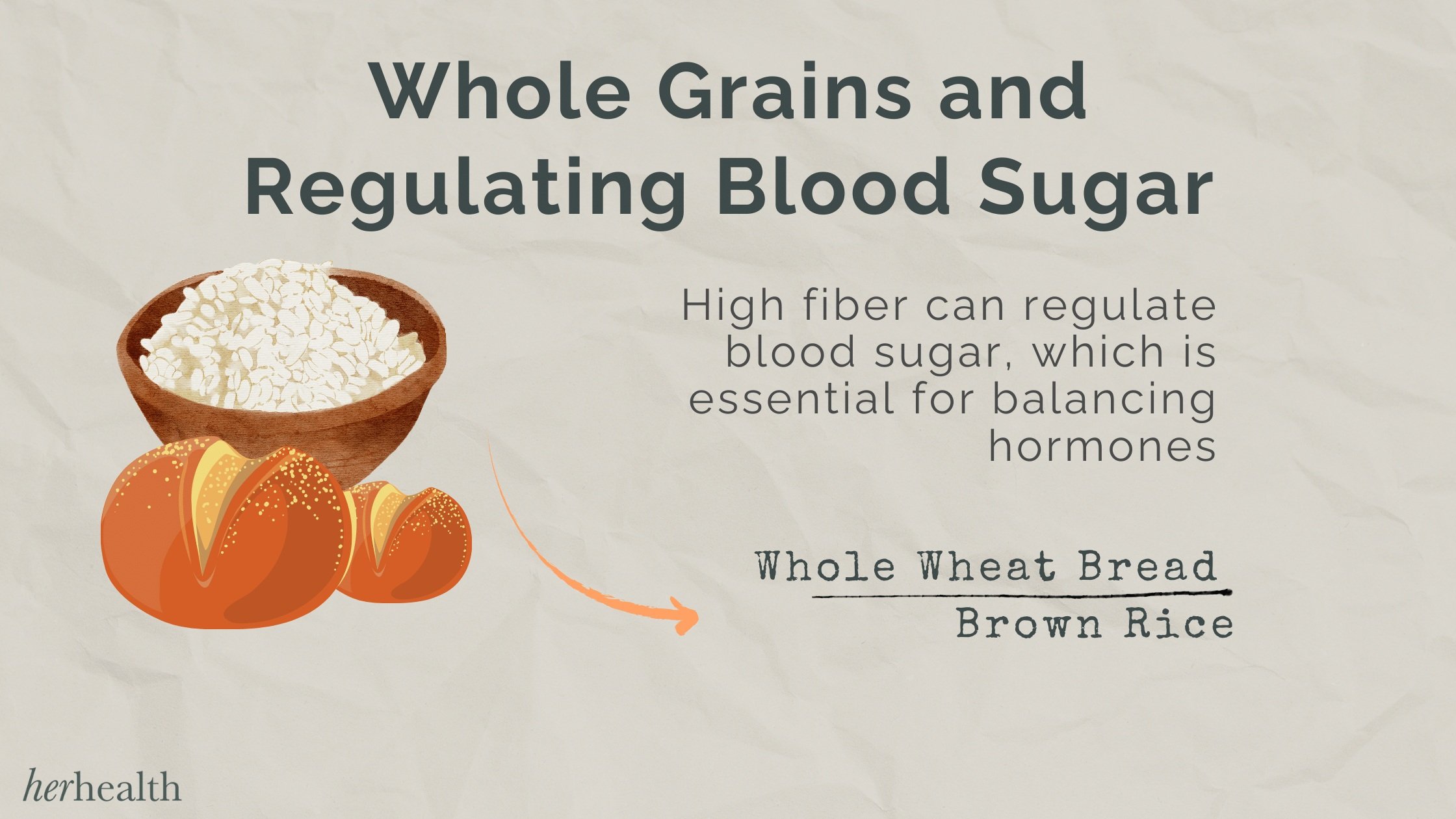Can Uterine Fibroids Cause Weight Gain?
You’re not alone if you ask yourself: are fibroids the reason for my weight gain? Numerous health conditions, including uterine fibroids, can cause weight gain.
Fibroids are noncancerous growths that develop in or around the uterus and will affect 20-80% of women by their 50s. Although fibroids are typically benign, they can cause a range of symptoms. Some fibroid symptoms include heavy periods, pelvic pain, frequent urination, and weight gain.
The connection between fibroids and weight gain is often overlooked. If your pants suddenly feel tighter and you experience unexplained weight gain around your abdomen, it could indicate an enlarged uterus caused by fibroids.
How Do Uterine Fibroids Cause Weight Gain?
There are two main ways that fibroids can cause weight gain. The first is from the actual weight of the fibroid. The second is hormone imbalance. Symptoms of uterine fibroids can differ among women. It is common for most women with larger fibroids to experience more severe symptoms, like sudden weight gain.
Fibroid Size and Weight Gain
Fibroids can range in size and weight. The smallest fibroids will never grow larger than a seed. Larger fibroids can weigh anywhere from 20 to 40 pounds and are similar in size to a watermelon.
Many women don’t typically experience symptoms when fibroids are small. However, when fibroids are large, or if there are multiple fibroids, severe symptoms often result. The physical weight of these larger growths results in an enlarged uterus and causes uncomfortable bloating, heaviness, and/or pain.
Fibroids, Weight Gain, and Hormones
Weight gain can lead to hormonal imbalances, specifically increased levels of estrogen and insulin.
If weight gain is the result of increased fat deposits, it results in higher estrogen production. Fat cells produce estrogen, so more fat cells typically means higher estrogen levels. Higher estrogen levels increase the blood flow to fibroids, and cause them to grow more. This effect can be larger in post-menopausal women, since fat cells then become the primary source of estrogen.
Another hormonal effect of weight gain is a boost in insulin levels. The metabolic conditions that cause weight gain also induce insulin resistance in cells. This resistance will cause the body to produce more insulin. Higher insulin levels then contribute to the growth of fibroids and possibly more weight gain.
Do Fibroids Cause Fatigue?
Fibroid symptoms, like heavy bleeding, bloating, and pelvic pain, can make sleeping difficult at night. Poor sleep quality then causes daytime fatigue.
Sometimes the extra heavy menstrual bleeding and bleeding between periods can be severe enough to cause anemia. Anemia is a major cause of fatigue. Fatigue often leads to reduced activity levels and even more weight gain.
How to Manage Your Weight with Fibroids
Excess weight can contribute to fibroid growth, and maintaining a healthy weight can reduce your risk of developing fibroids in the first place. Lifestyle changes, such as improving diet and increasing physical activity levels, should be considered essential in a fibroid management or prevention plan.
Is it Possible to Shrink Fibroids with Diet?
Evidence is unclear about whether or not a healthy diet can shrink fibroids. However, balanced eating can help ease fibroid symptoms and manage weight gain. A well-rounded diet including fresh produce, healthy fats, whole grains, and clean protein can reduce inflammation and promote hormone balance.
The antioxidants in fruits and vegetables are the key to controlling inflammation. Incorporating a variety of produce into your diet improves cellular metabolism and cellular energy production while eliminating free radicals that cause inflammation.
Vegetables Rich in Antioxidants
Spinach is packed with antioxidants such as vitamins C and E.
Kale contains antioxidants, including vitamins A, C, and K.
Broccoli has many antioxidants, including vitamin C, beta-carotene, and sulforaphane.
Brussels sprouts are a great source of antioxidants like vitamins C and K.
Bell peppers are rich in antioxidants like vitamin C, beta-carotene, and flavonoids.
Fruits Rich in Antioxidants
Blueberries are high in antioxidants like anthocyanins.
Strawberries contain vitamin C and other antioxidants that help protect against inflammation.
Raspberries are rich in antioxidants, including ellagic acid, quercetin, and vitamin C.
Pomegranates are packed with antioxidants that have anti-inflammatory effects.
Oranges are an excellent source of vitamin C and other antioxidants.
Whole Grains that are High in Fiber
Whole grains are high in fiber and regulate blood sugar. Having stable blood sugar levels is essential for maintaining hormone balance. Including whole grains in your diet can help stabilize energy levels, reduce cravings, and support a healthy metabolism.
Oats are an excellent source of dietary fiber.
Quinoa is a fiber-rich grain, with approximately 2.8 grams of fiber per 100 grams when cooked.
Brown Rice is a whole grain that retains its bran layer, offering more fiber than refined white rice.
Barley is an excellent source of dietary fiber, with just one cup of cooked barley providing around 6 grams of fiber.
Whole Wheat is a staple grain containing more fiber than refined wheat flour.
Lean Proteins for Balancing Hormones
Lean proteins contain essential amino acids for hormone production and regulation. Lean protein also aids muscle maintenance, boosts metabolism, and promotes satiety, making it essential to a well-rounded, hormone-balancing diet.
Chicken Breast is low in fat and high in protein.
Fish is a great source of lean protein and omega-3 fatty acids.
Greek yogurt is a protein-packed alternative to meat.
Lentils are a high-protein legume.
Tofu, made from soybeans, is a plant-based protein option.
Fibroid Treatment Options: When Lifestyle Changes Aren’t Enough
Lifestyle changes can only do so much when managing fibroids symptoms. Do you think fibroids could be the source of your weight gain? Then it’s time to discuss your options with a fibroid specialist.
If you are interested in finding out more about fibroids and the treatments available, schedule a consultation.






